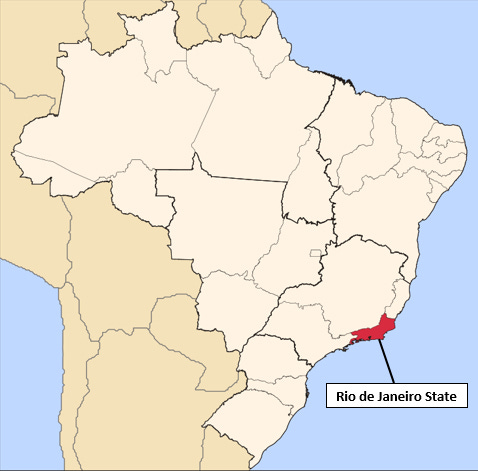The Rio de Janeiro State Department of Health received confirmation this Monday of ten cases of Oropouche fever. The information was provided by the Noel Nutels Central Laboratory (Lacen) and the Oswaldo Cruz Foundation reference laboratory (Fiocruz).
The cases were registered between the 9th and 18th of April in the municipalities of Japeri, Valença, Piraí and Rio de Janeiro and are being investigated, in order to verify whether they are autochthonous (local transmission) or 'imported' (when transmission occurs in another territory).
Oropouche fever is caused by a virus, first isolated in Brazil in 1960. Since then, it has been detected mainly in the states of the Amazon region. It is transmitted by midges and mosquitoes and can circulate in wild and urban environments. The symptoms are very similar to those of dengue. They last between two and seven days and include sudden onset fever, severe headache, back and lower back pain and joint pain. There may also be coughing, dizziness, pain behind the eyes, rashes, chills, photophobia, nausea and vomiting. There is no specific treatment. Patients must remain at rest, with symptomatic treatment and medical monitoring.
Brazil surpasses 4 million dengue cases, Deaths near 2,000
The Secretary of Health, Claudia Mello said that “the Oropouche fever virus is endemic in Amazonas and has some outbreak periods. The recorded lethality is low. "The guidance we will give to municipalities is that they maintain the medical conduct carried out in cases of suspected dengue fever.”
Subscribe to Outbreak News TV on YouTube
The state Department of Health, in partnership with the municipalities involved, will carry out the epidemiological investigation into the ten positive cases of the disease. In addition, it will carry out entomological investigation (mosquito capture) in regions that have had confirmed cases.
The first case of Oropouche fever infection in the state of Rio was registered at the end of February and confirmed to the Health Department by the Evandro Chagas National Institute of Infectious Diseases, from Fiocruz. He was a 42-year-old man, resident of the Humaitá neighborhood, south of the capital, who has a history of traveling to Amazonas. The patient was not hospitalized during the period of illness and recovered. This case was considered imported, after analyzing the patient's travel history to the state of Amazonas, which was already experiencing a significant increase in the number of cases in the first months of 2024.
Wealth Authentic Brasil Yellow Box for Health 1 Pack





